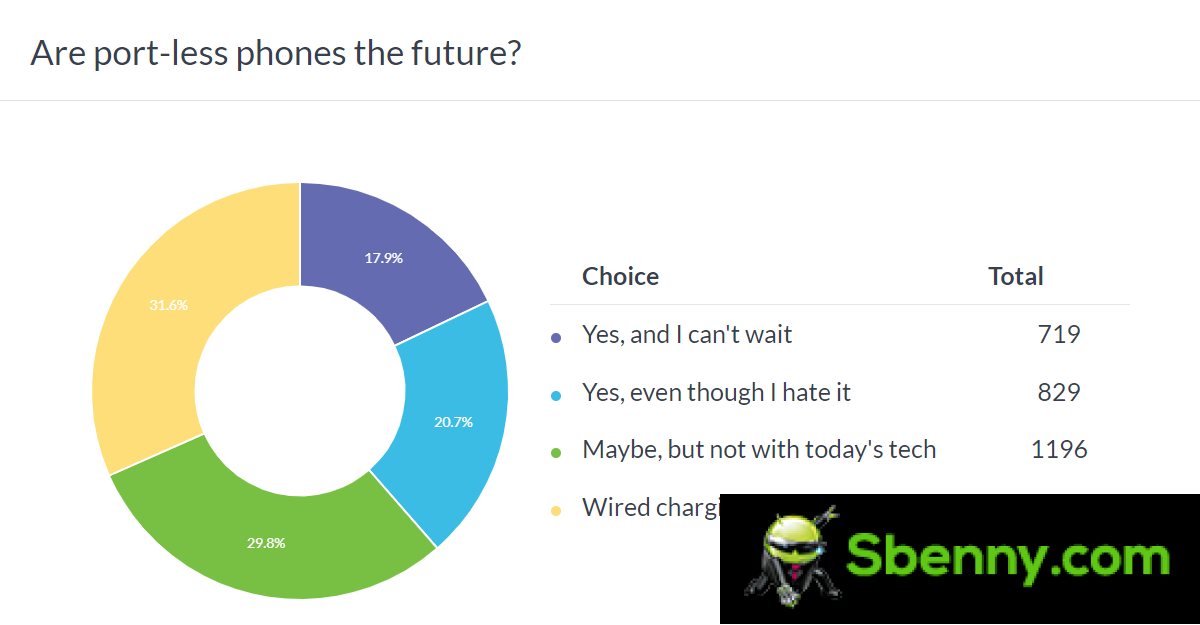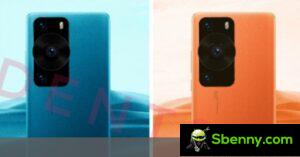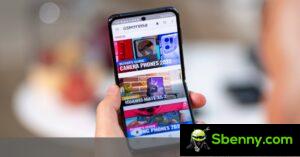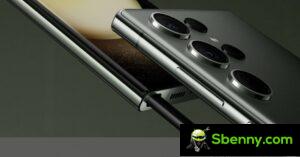Last week’s poll raised a few issues: A lot of people really hate the idea of a future without ports for smartphones. And many are convinced that the EU will block such projects, but that may not be possible. Here’s how the official post describes the rules:
Regardless of manufacturer, all new mobile phones, tablets, digital cameras, headphones and headsets, portable game consoles and portable speakers, e-readers, keyboards, mice, portable navigation systems, headsets and laptops that are rechargeable via wired cable, work with a power output of up to 100 Watts, it must be equipped with a USB Type-C port.
All devices that support fast charging will now have the same charging speed, allowing users to charge their devices at the same speed with any compatible charger.
The key part is this – which are rechargeable via a wired cable. I.e. the EU doesn’t mandate the use of USB-C, just that if a battery-powered device uses wired charging, it should use USB-C. If a device only supports wireless charging, it falls under different rules.
As for the talk that the EU will bring back removable batteries to all smartphones, that’s not necessarily a blocker either: The Galaxy S4 and S5 had both removable batteries and wireless charging, for example.
The EU also wants to regulate wireless charging, but here’s how it plans to go about it:
As wireless charging becomes more widespread, the European Commission will have to harmonize interoperability requirements by the end of 2024, to avoid having a negative impact on consumers and the environment. This will also eliminate the so-called technological “lock-in” effect, whereby a consumer becomes dependent on a single producer.
This is more of a concern for manufacturers who use proprietary technology to offer faster speeds than current Qi chargers can offer. Apple, Samsung and Google stick to Qi, for example.
But that may not be enough, a third of voters in the poll don’t believe current wireless charging technology is up to scratch. This is on par with the number of people who think wired charging will never go away.
And they may be right, at least when it comes to the smartphone market in general: some manufacturers still offer 3.5mm jacks for wired headphones (and at least several people in the comments posted about owning one). However, tens of millions of iPhones and tens of millions of Galaxy S phones are sold every quarter, along with tens of millions of Bluetooth headsets. A few brands selling small quantities are not enough to turn the tide.

Then there are those who think that thinking without doors is the inevitable future. They are split into two groups, with those fearful of being the slightly larger group. Perhaps they will come, as most people with Bluetooth headphones have.
What does the future hold? Tim Cook is probably the only one who knows: If Apple goes wireless-only, it won’t be long before other brands follow suit. Other brands may have too much to lose by eliminating the USB-C port, for example Samsung and Motorola don’t want to lose their desktop modes, Xiaomi and Oppo don’t want to use their super-fast charging (which is much faster than even the fastest wireless), but perhaps as technology evolves that won’t be necessary.







Ibda Thread ġdid